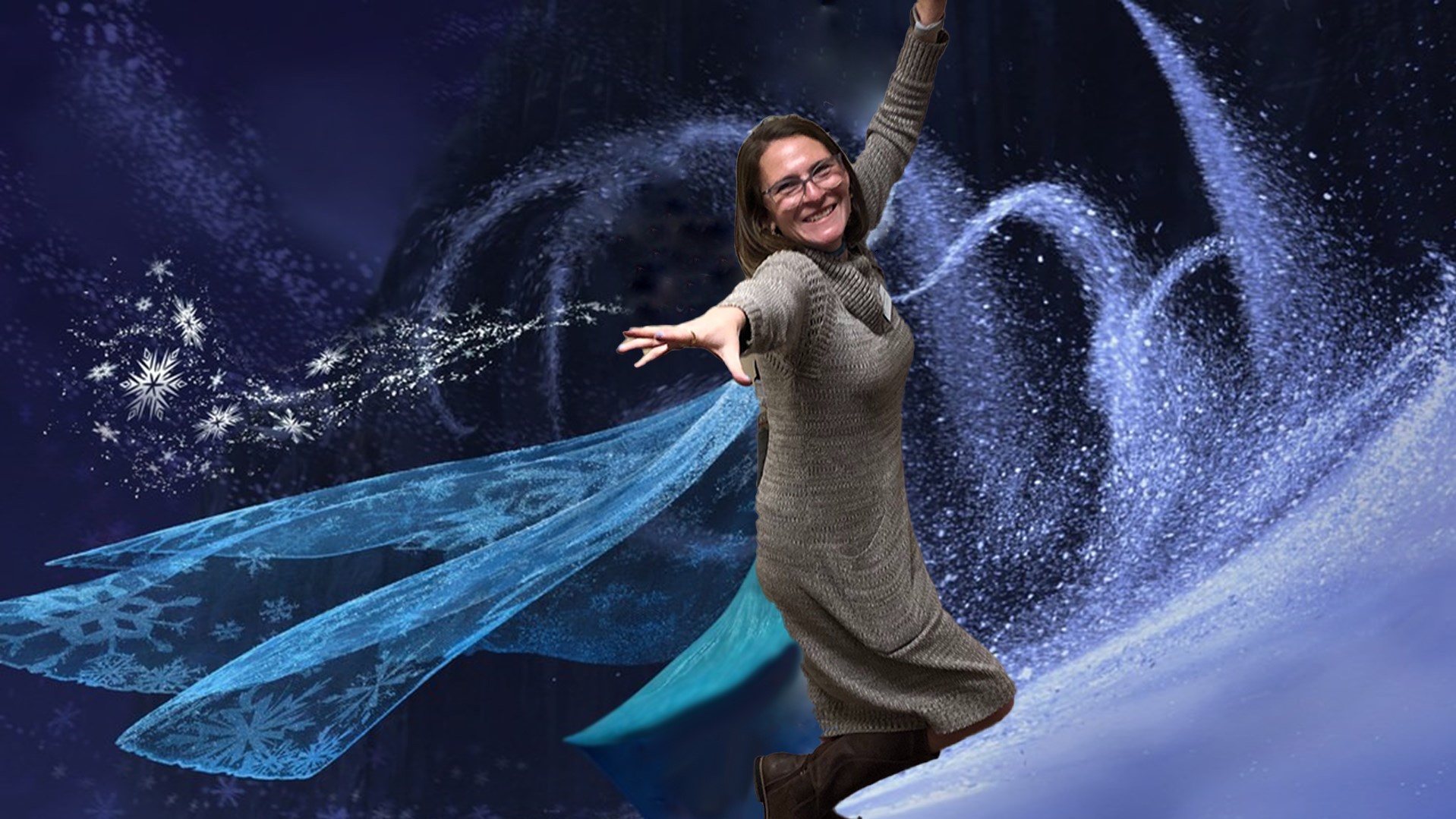There are different kinds of apologies. Some we make as a way to acknowledge that we’ve done something seriously wrong and to take ownership of our actions with intention to change our ways. Other apologies are much less formal and serious, like an apology for being late or for stepping on someone’s toes. Then there are the shallow apologies that don’t really mean anything, like a three-year-old who knows the only way to get dessert is to apologize for something, even if they don’t even know what they’re apologizing for.

But what’s powerful about the ability to apologize is that it also puts the recipient of the apology in the position to forgive. This week we read Parshat Lech Lecha. Parshat Lech Lecha brings us finally into the narrative of Abraham and Sarah and the rest of our history as the Jewish people. The text begins with (then) Avram and Sarai leaving their land, the land that they knew and felt comfortable in, to go to Egypt and follow God’s command. The text continues with their ongoing problems in Egypt and ends with their name changes from Avram to Avraham (Abraham in English) and Sarai to Sarah.
One piece of this story has always intrigued me. God comes to Abraham and gives him the message that he should go and leave this land he’s known for the place that God will show him. Once on this journey, he finds himself under the rule of a foreign king, and the first thing Abraham does is ask Sarah to lie for him. He creates this lie out of fear that the foreign king will kill Sarah if he knows she is Abraham’s wife, but nonetheless, Abraham’s first act in the Torah is asking someone to lie for him.
How do we reconcile this with the image of Abraham our forefather, the one who we refer to first when listing Abraham, Isaac, and Jacob? Does this act befit the father of this great nation of people and the one whose children number more than the stars in the sky? Why do we forgive Abraham?
Perhaps it’s not because Abraham learns his lesson (although he does work toward living an honest, better life after that). Instead, maybe the lesson is for us. Abraham isn’t a perfect role model, and he certainly made mistakes along the way, but perhaps that’s to teach us forgiveness and humanity. Human beings make mistakes. We mess up, sometimes we try to cover it up, eventually we get found out (look to the example of Adam and Eve), then hopefully we make amends, accept the consequences, and move on.
We live in a world in which the expectation of perfection is extremely high. We hold our leaders, teachers, and preachers to a standard of perfection that just isn’t attainable. Human beings make mistakes. Yes, some are unforgivable and irreparable. But some simply need an apology and the ability to move on and learn from the mistake.
In the end, forgiveness is what moves us forward – forgiveness of ourselves and others. Parshat Lech Lecha reminds us that if we never allowed Abraham to be flawed, the great nation he started might never have had a chance to exist at all.
– Rabbi Eve Posen



